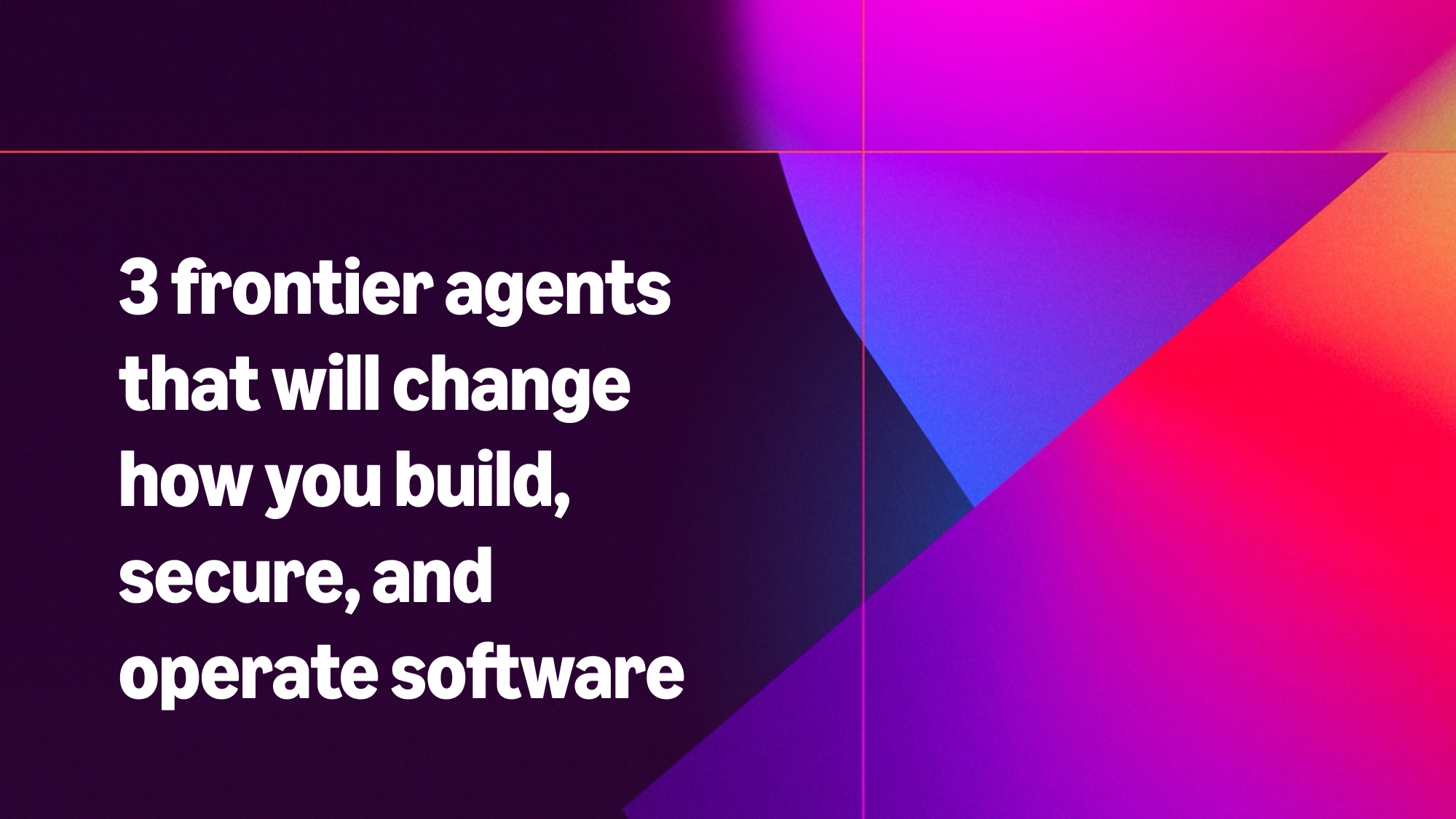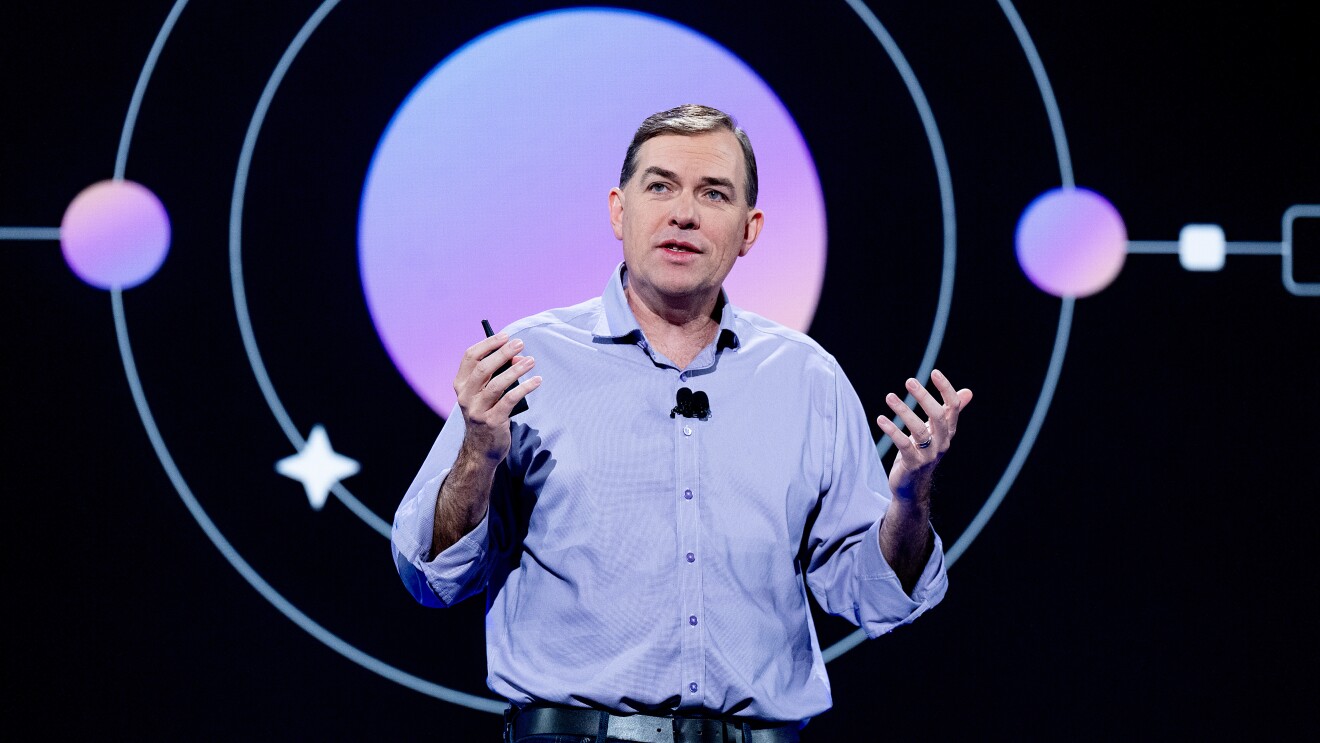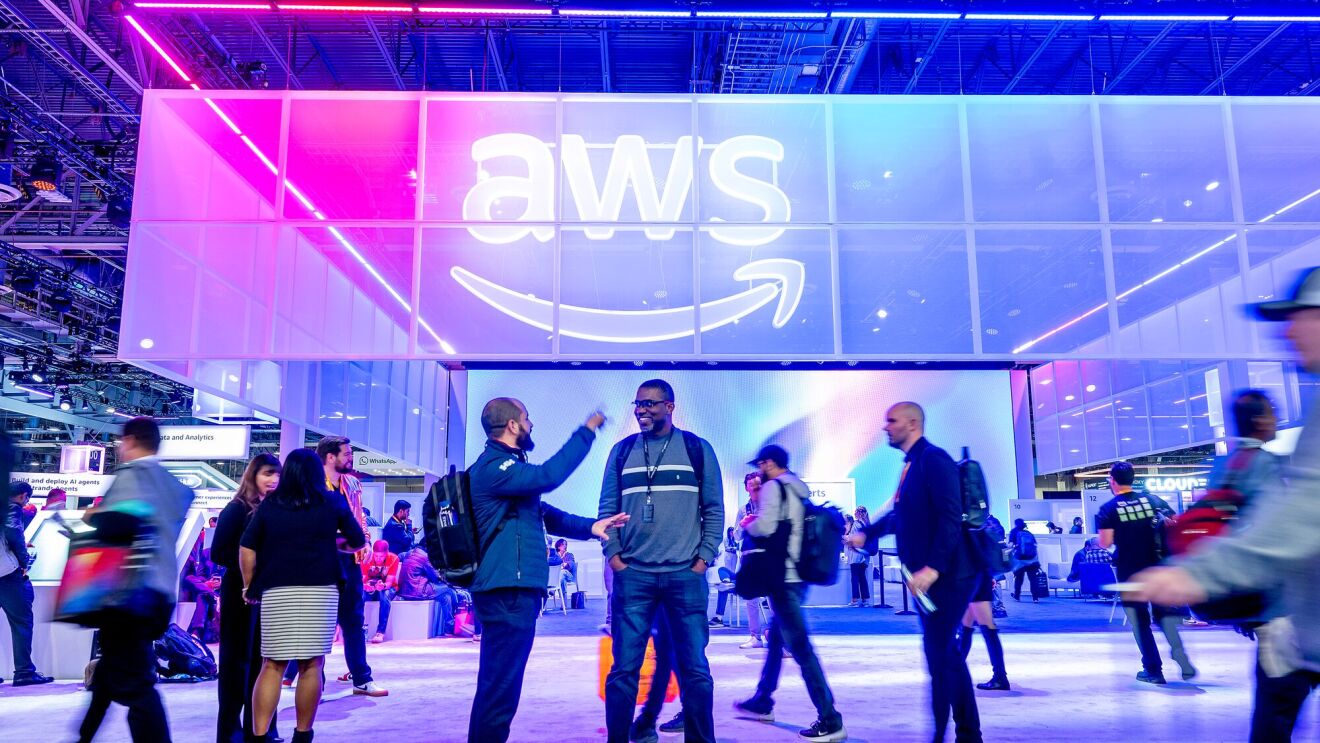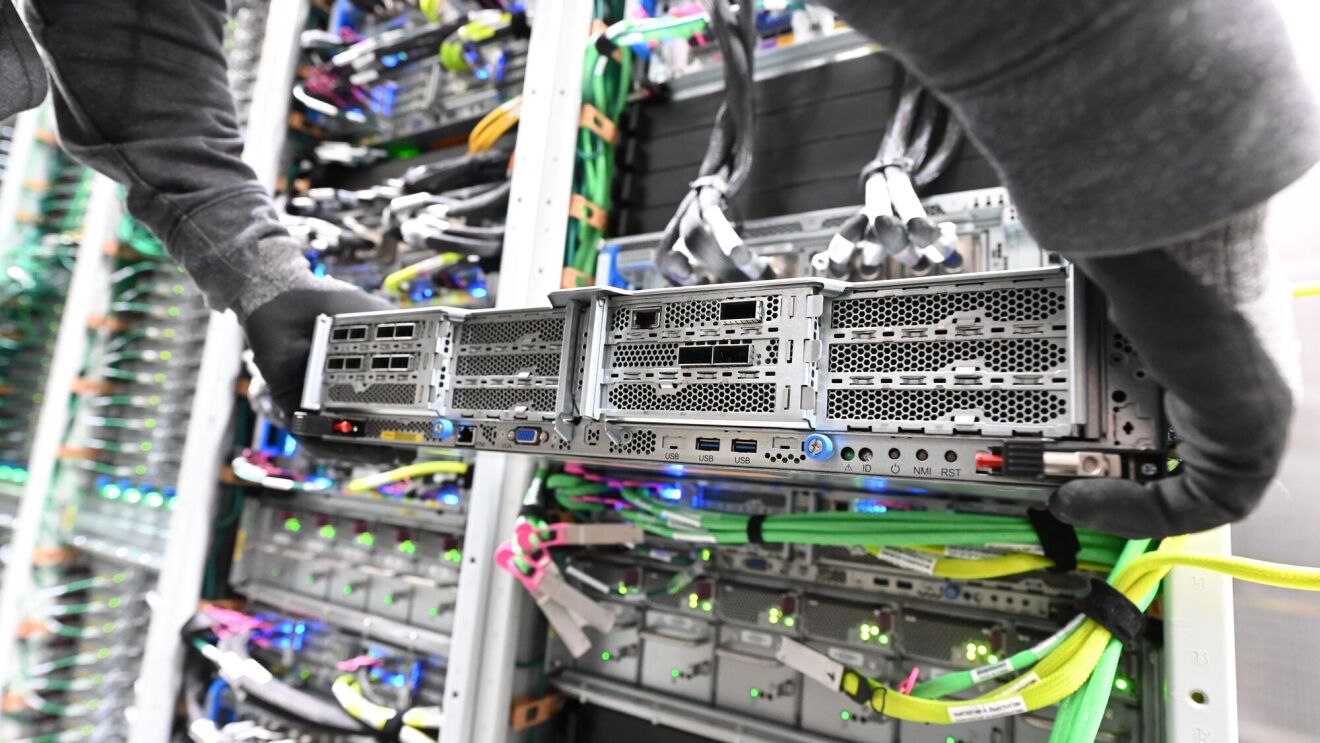Key takeaways
- Technology is rapidly evolving to address fundamental human needs rather than just technical challenges, from loneliness to education to security.
- Developers will evolve into "renaissance" professionals who combine AI tools with uniquely human judgment and domain expertise.
- Organizations face urgent pressure to implement quantum-safe security as timeline projections for quantum computing breakthroughs accelerate.
We have entered an era where technology increasingly addresses profound human challenges. From AI companions to quantum computing advancements, we are witnessing technology augment human capabilities in meaningful ways. In the coming years, using technology for positive impact will redefine the way we think about success—and ourselves. Amazon's chief technology officer, Dr. Werner Vogels, weighs in on what lies ahead.
1. Companionship is redefined for those who need it most

Loneliness has reached epidemic proportions, affecting one in six people worldwide and designated as a public health crisis by the World Health Organization. Social isolation increases death risk by 32%, comparable to smoking, while loneliness increases dementia risk by 31%.
As MIT researcher Kate Darling discovered, we're biologically hardwired to project intent and life onto autonomous movement, which is why people tend to treat robots more like animals than devices. At Amazon, our Astro team has documented people building genuine relationships with companion robots.
Rather than replacing human caregivers, these robots create a collaborative model where technology and people work together to combat the loneliness epidemic.
2. The dawn of the renaissance developer
As generative AI reshapes how we build software, a familiar trope has reemerged—that developers will become obsolete. But this is not the end of the developer; it's the dawn of the renaissance developer.
Generative AI lets us generate code in seconds, but it doesn't sit in budget meetings where leadership debates cost versus performance. The core attributes of great developers remain constant. Creativity, curiosity, and systems thinking have continued to define the craft throughout every technological revolution.
Developers who thrive in this AI-augmented world must become modern polymaths who understand that systems are living, dynamic environments.
3. Quantum-safe becomes the only safe
Personal data, financial records, and state secrets are already being harvested by adversaries betting on quantum's arrival to decrypt later. Advances in error correction have compressed timelines, and the window for proactive defense is closing.
Organizations need to act on three fronts: deploying post-quantum cryptography now, planning to update physical infrastructure, and developing quantum-ready talent.
4. Defense technology changes the world
Military investment in technology is surging, both by governments and the private sector. Innovation has accelerated and software updates for autonomous systems happen weekly, not annually. Algorithms learn from real-world data and improve overnight. Civilian organizations will be able to take advantage of these advances in defense technology and apply them to solving critical problems: from disaster response and food security to health care access in remote regions.
5. Personalized learning meets infinite curiosity
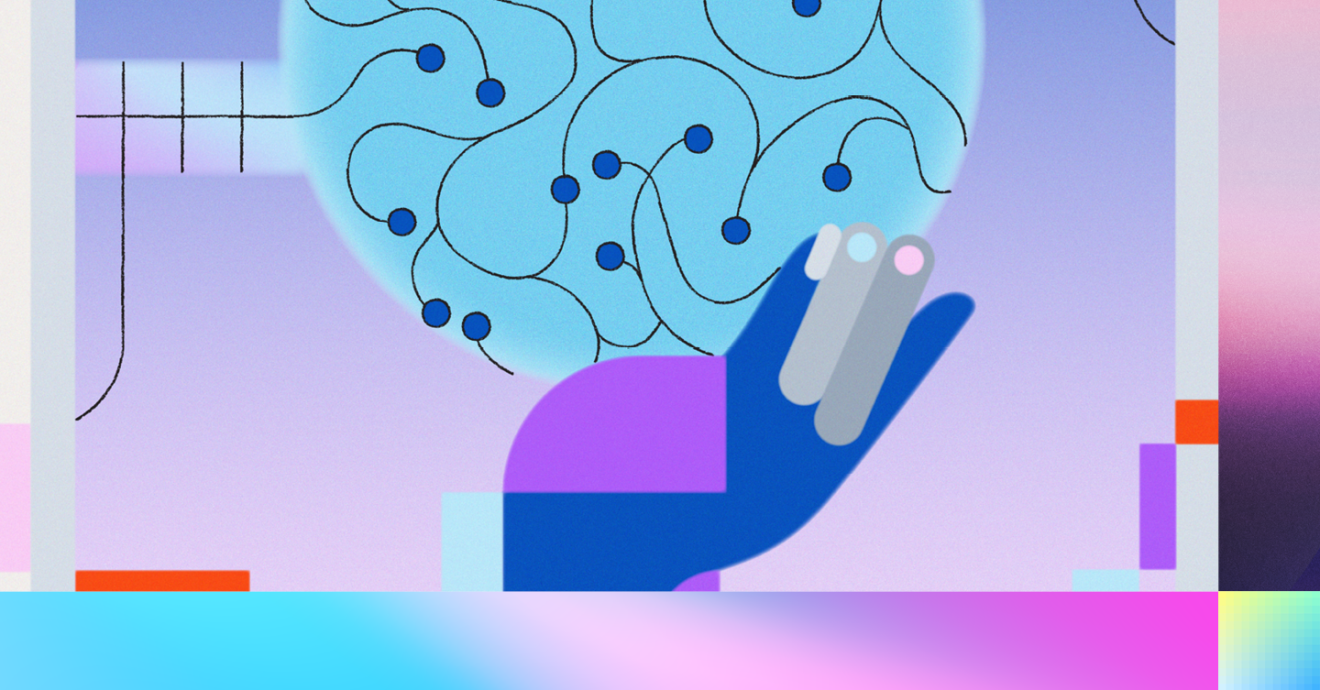
Every student deserves an educator who engages their curiosity and nurtures creativity. But for most of human history only the wealthy could afford a personal tutor. That's about to change.
AI-powered personalized tutoring changes education fundamentally. Khan Academy's Khanmigo reached 1.4 million students in its first year. According to a UK survey, the proportion of students using any AI tool jumped from 66% last year to 92% this year.
Teachers are NOT going away. What's changing is what teachers do. AI is freeing them from administrative tasks while enabling more creative and individualized education.
Get the latest news from AWS re:Invent, including all things agentic and generative AI, product and service announcements, and more.
Trending news and stories
- AWS activates Project Rainier: One of the world’s largest AI compute clusters comes online
- Build your AI career path with AWS's new certification and hands-on learning experiences
- Meet Amazon Quick Suite: The agentic AI application reshaping how work gets done
- Introducing Blue Jay and Project Eluna, Amazon’s latest robotics and AI technology for its operations


